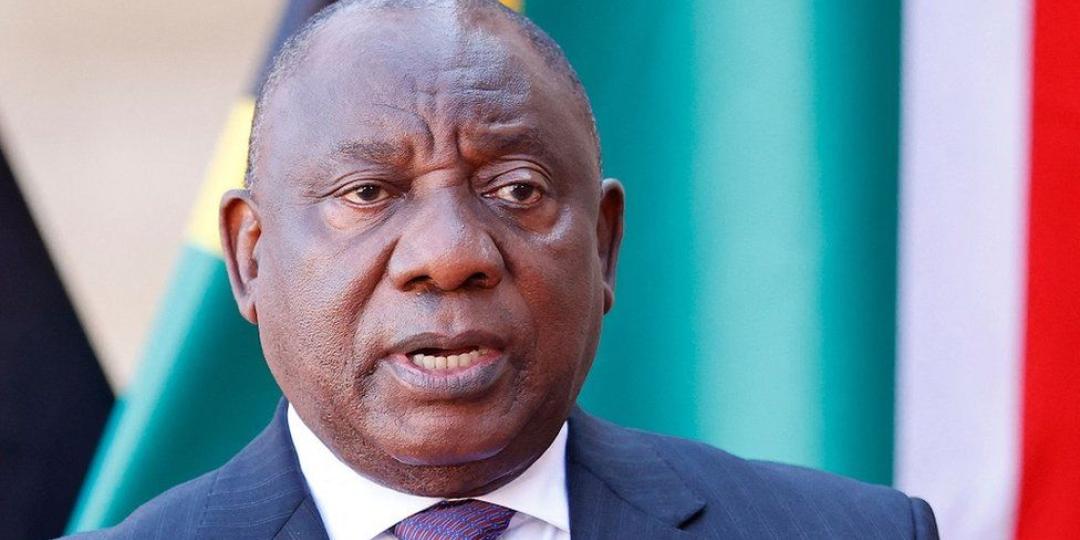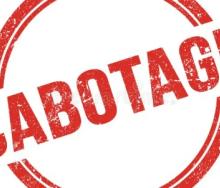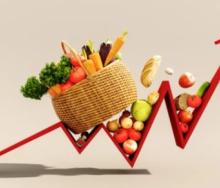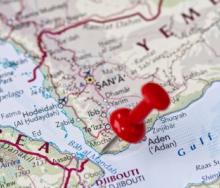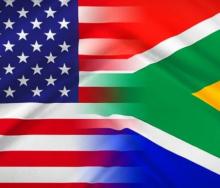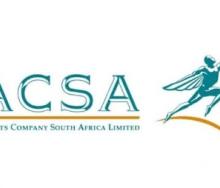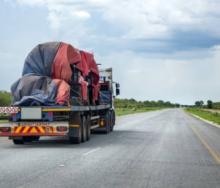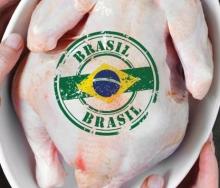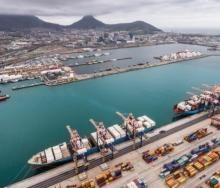South African retailers and food manufacturers should keep a check on pricing as the country ramps up local agricultural production to help consumers weather the storm of spiralling inflation.
This was the warning from President Cyril Ramaphosa in his weekly newsletter, in which he focused on the plight of consumers who have been hit by steep price increases, which, he said, had dramatically affected their quality of life.
“It has become increasingly expensive to buy food and other essentials, to pay for basic services and to use public or private transportation. While these rising costs affect everyone, low-income households are feeling them the most,” said Ramaphosa.
The latest Statistics SA Consumer Price Index data for April recorded food inflation of 6.2%. The most basic foodstuffs cost more than a year ago, with staples like cooking oil recording the highest increases. The price of fuel has risen by a third, to record highs, in the 12 months to March 2022.
“A recently published poll for the World Economic Forum shows that nearly a quarter of people globally, including those in developed economies, are struggling financially due to rising prices,” said Ramaphosa.
He said the ongoing conflict between Russia and Ukraine had had a significant impact on the price of fuel and food. Both countries are major exporters of fertilisers, grains and oilseeds that are needed to produce a range of goods, such as cooking oil.
“Improving our nation’s food security is vital to withstanding this and future shocks. We have a strong agricultural sector that continues to grow and create jobs. To further increase agricultural production and strengthen our food sovereignty, we are investing heavily in improving local capacity, supporting commercial and small-scale farmers alike and helping more people to grow their own food,” said Ramaphosa.
He said input vouchers had been handed to more than 65 000 smallholder farmers and that work was under way to reach 250 000 such farmers, under the Presidential Employment Stimulus.
“Through the Pro-Active Land Acquisition Strategy and the release of state-owned land for agriculture, we are supporting more small-scale farmers to expand their businesses and make them commercially successful. We are also focusing on establishing more public-private partnerships to support the expansion of black commercial farming.”
Ramaphosa called for a united front to help citizens survive these turbulent economic times.
“Government will continue to monitor the situation closely and will do everything within its power to protect South Africans from unsustainable increases in the cost of living. Corporate South Africa should ensure that consumers do not pay more for food than they have to. We welcome the indications from food manufacturers and retailers that they are putting measures in place to help consumers get more for their money.”
He added that the Competition Commission’s market enquiry into the fresh produce market was focusing on the above-inflation price hikes within the sector.
“This has had a disproportionate effect on the poor. The inquiry will examine if there are any distortions in the value chain that make food more expensive. We will use our competition policy to protect consumers against unjustifiable price increases and anticompetitive practices by businesses, as we did during the COVID-19 pandemic.”
He added that reforms in the energy, transport and telecommunications sectors aimed to reduce the cost of electricity, logistics and data in the long term through greater competition and efficiency.
“We should be paying less, not more, for these services in the future.”
